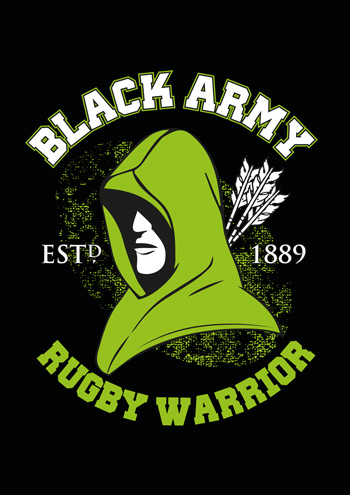 Court Leet Dinners have been a regular feature of the Freemen’s traditions.
Court Leet Dinners have been a regular feature of the Freemen’s traditions.
According to early records of the Llantrisant Town Trust minutes, Court Leet ceremonies from 1889 onwards were often followed by a dinner although this appears to have ended in the 1930s.
These early dinners have been held in a variety of local establishments, particularly the New Inn and George Inn on Swan Street or the Cross Keys on High Street.
The tradition was revived in 1953 and with the opening of a new clubhouse for Llantrisant RFC at Cefn Mabley the Court Leet was held in the Main Hall and for a period held their dinners in the newly built Leisure Centre at Southgate.
It was there that the Centenary Dinner in 1989 was held with a host of dignitaries in attendance. The list of guests over the years has been wide and varied from former Prime Minister James Callaghan to actor Glyn Houston.
Today the Court Leet Dinner is held annually in the large main hall of the Llantrisant RFC clubhouse. The wonderful atmosphere of the event is created by the Freemen who rejoice in their ancient traditions and the camaraderie they feel for one another.






